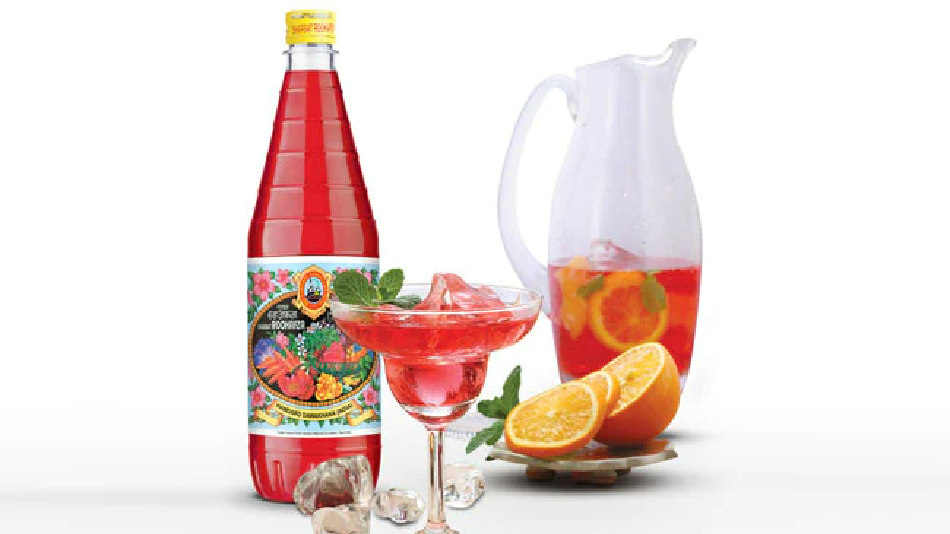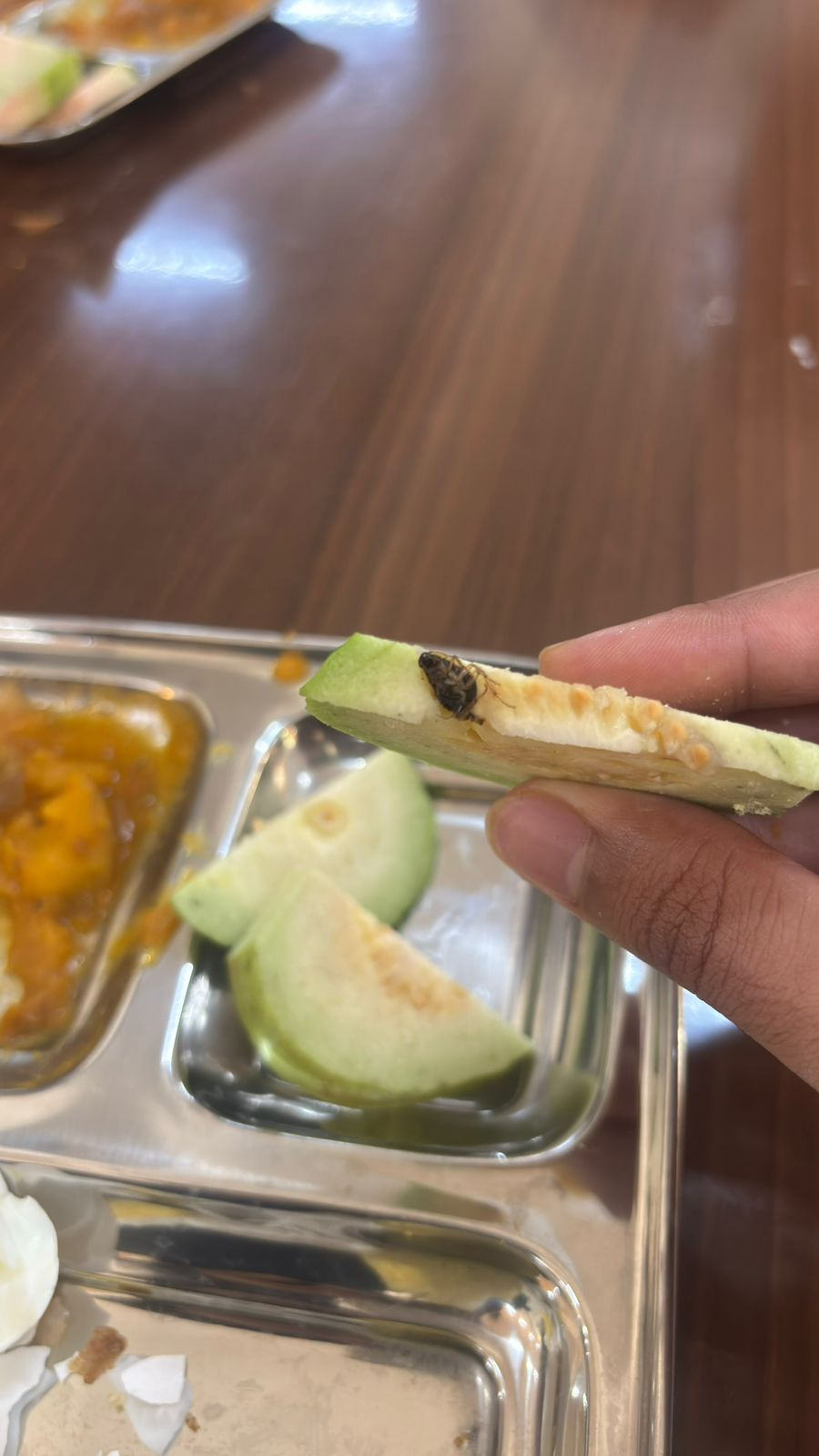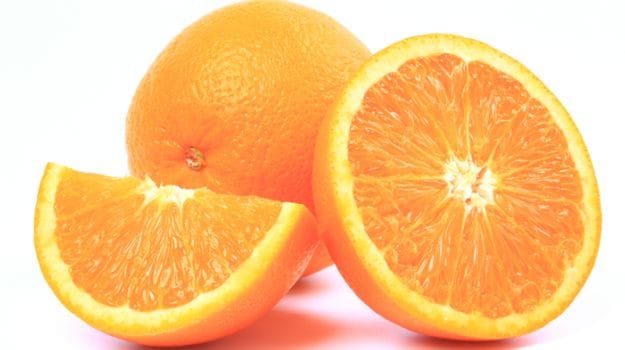Fresh oranges can be enjoyed at anytime, anywhere. The fruit is low in calories and contains no saturated fats or cholesterol. Rich in dietary fiber, delicious and juicy - oranges contain an impressive list of essential nutrients, vitamins and minerals for overall well-being. An orange has over 170 different phytochemicals and more than 60 types of antioxidants! Another amazing fact is that oranges are full of potassium, an electrolyte mineral responsible for helping the heart function normally, A new study has found that higher intake of citrus fruits like oranges and lemons can help keep you healthy as well as prevent harmful effects of obesity-related heart disease, liver disease and diabetes.The study explains that when humans consume a high-fat diet, they accumulate fat in their bodies. Fat cells produce excessive reactive oxygen species, which can damage cells in a process called oxidative stress. These oxidative stress coupled with inflammation in obese individuals increases the risk of developing heart disease, liver disease and diabetes.Researchers added, "Our results indicate that in the future we can use citrus flavanones to prevent or delay chronic diseases caused by obesity in humans," said Paula S. Ferreira, a graduate student at Universidade Estadual Paulista (UNESP) in Brazil. However, "the study did not show any weight loss due to the citrus flavanones," added lead researcher Thais B. Cesar from UNESP. Even without losing weight, citrus fruits can help become healthier with lower oxidative stress, less liver damage and reduce risks of other obesity-related diseases, the researchers noted. "The study also suggests that consuming citrus fruits probably could have beneficial effects for people who are not obese, but have diets rich in fats, putting them at risk of developing cardiovascular disease, insulin resistance and abdominal obesity," Ferreira explained.
For the study, the team conducted an experiment with 50 mice, treating them with flavanones found in oranges, limes and lemons, or a high-fat diet. They focused on flavanones such as hesperidin, eriocitrin and eriodictyol. For a month, researchers gave groups either a standard diet, a high-fat diet, a high-fat diet plus hesperidin, a high-fat diet plus eriocitrin or a high-fat diet plus eriodictyol. The group who consumed high-fat diet without the flavanones showed increase in the levels of cell-damage markers called thiobarbituric acid reactive substances (TBARS) by 80 per cent in the blood and 57 per cent in the liver compared to mice on a standard diet. But hesperidin, eriocitrin and eriodictyol were found to decrease the TBARS levels in the liver by 50 per cent, 57 per cent and 64 per cent, respectively, compared with mice fed on a high-fat diet but not given flavanones. Eriocitrin and eriodictyol also reduced TBARS levels in the blood by 48 per cent and 47 per cent, respectively, in these mice. In addition, mice treated with hesperidin and eriodictyol had reduced fat accumulation and damage in the liver.Oranges contains good levels of vitamin A,which is required for maintaining healthy mucus membranes, skin and healthy vision. A very good source of B-complex vitamins such as thiamin, pyridoxine, and folates, consumption of natural fruits like orange may even provide protection against lung and oral cavity cancers.Inputs by: Indo-Asian News Services.
For the study, the team conducted an experiment with 50 mice, treating them with flavanones found in oranges, limes and lemons, or a high-fat diet. They focused on flavanones such as hesperidin, eriocitrin and eriodictyol. For a month, researchers gave groups either a standard diet, a high-fat diet, a high-fat diet plus hesperidin, a high-fat diet plus eriocitrin or a high-fat diet plus eriodictyol. The group who consumed high-fat diet without the flavanones showed increase in the levels of cell-damage markers called thiobarbituric acid reactive substances (TBARS) by 80 per cent in the blood and 57 per cent in the liver compared to mice on a standard diet. But hesperidin, eriocitrin and eriodictyol were found to decrease the TBARS levels in the liver by 50 per cent, 57 per cent and 64 per cent, respectively, compared with mice fed on a high-fat diet but not given flavanones. Eriocitrin and eriodictyol also reduced TBARS levels in the blood by 48 per cent and 47 per cent, respectively, in these mice. In addition, mice treated with hesperidin and eriodictyol had reduced fat accumulation and damage in the liver.Oranges contains good levels of vitamin A,which is required for maintaining healthy mucus membranes, skin and healthy vision. A very good source of B-complex vitamins such as thiamin, pyridoxine, and folates, consumption of natural fruits like orange may even provide protection against lung and oral cavity cancers.Inputs by: Indo-Asian News Services.
Advertisement











